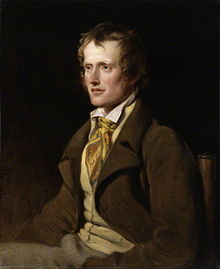
I wanted to set myself very specific brief for the poem below.It was going to be about an old man remembering his first love affair. I wanted it to be technically tight, as far as rhyme and rhythm are concerned. But I didn’t want it to sound stilted. And I wanted to use as few words as possible to tell the story- the silences had to contribute to the finished article.
Well. Here it is
Old love
Street light slanted through the half pulled curtain.
She took my hand and put it to her breast.
“It’s you I want.” She smiled. “ As for the rest…”
That she should want me then…to be so certain..
Yes. I have memories which sting me yet
even as they console- the way she purred
against my neck when we were done…. No word
seems apt…so long ago..I can’t forget…..
Well…what do you think ? How far did I succeed ? How long did it take to write?
Ten days.About twenty odd hours.
Writing ” Old love” brought all sorts of practical writing questions to mind, and I thought they might be of some interest to other people. Let me know how relevant they are to your writing style.
Do you have a clear idea about what you’re going to write about before you start ?
Or do you just take a pen for a walk ?
Do you have the first line in your head before you begin ? Or any other line ?
Can see a planned journey from beginning to end ? Or do you allow yourself to wander down golden pathways ?
Do you use a pen and paper or a computer ? What are the advantages and disadvantages of each mode of writing. Anyone dictate a poem ?
5. Do you usually finish a poem in one session, or do you write it over a period of time ?
6. How much do you revise your poem ? Do you just give it a tweak and move on to the next ? Or do you go over it line by line, word by word, silence by silence ? And if you do, how long does it take you ? Hours ? Days ? Weeks ?
7.Who do you write for ? Yourself ? Another specific person ? An audience in general ?
8. Raymond Carver said that every poem needs an audience. It’s like a kiss. You can’t do it on your own. Was he right ?
9.Which is more important- structure ? Or subject ? If you choose quite a strict format in terms of rhyme and rhythm, does this make writing the poem harder ? Or easier ?
10.Who are your poetic role models ? Do you consciously attempt to imitate them ?


